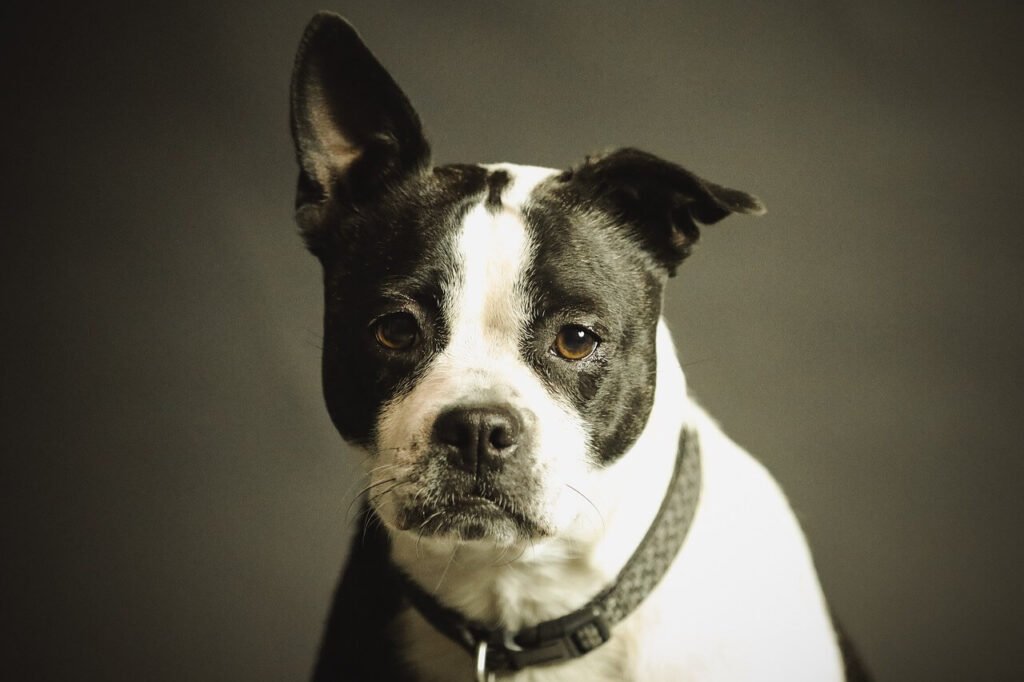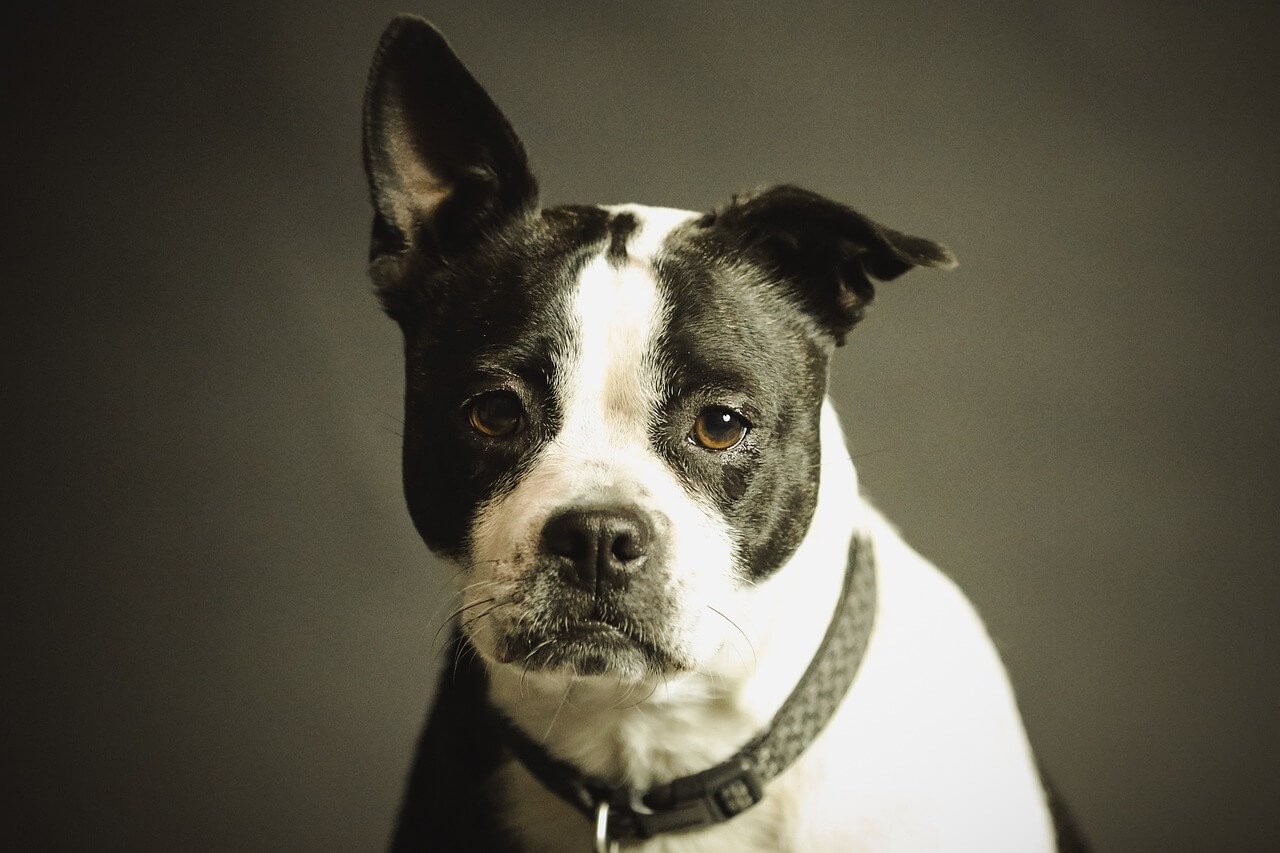Understanding Dogs Dislocated Shoulders
A dislocated shoulder in dogs is a painful and potentially debilitating injury that requires prompt attention. Whether caused by trauma, overexertion, or underlying health conditions, this condition can significantly impact your dog’s mobility and quality of life. As a responsible pet owner, understanding the signs, treatment options, and preventive measures is crucial to ensuring your furry friend receives the care they need. In this guide, we’ll explore everything you need to know about dogs’ dislocated shoulders, from recognizing symptoms to supporting recovery and preventing future injuries.
Signs Your Dog May Have a Dislocated Shoulder
Recognizing the symptoms of a dislocated shoulder early can make a significant difference in your dog’s recovery. Keep an eye out for these common signs that may indicate a shoulder injury.
Limping or Favoring One Leg:
A dog with a dislocated shoulder will often avoid putting weight on the affected leg, leading to noticeable limping.Swelling Around the Shoulder Area:
Swelling or inflammation near the shoulder joint is a telltale sign of trauma or injury.Visible Deformity:
In severe cases, the shoulder may appear misaligned or deformed due to the dislocation.Pain When Touched:
Your dog may yelp, flinch, or show signs of discomfort when the shoulder area is touched or manipulated.Reluctance to Move or Play:
A normally active dog may suddenly become lethargic or unwilling to engage in physical activities.
If you notice any of these symptoms, it’s essential to seek veterinary care promptly to prevent further complications.

Treatment Options for a Dislocated Shoulder
Treating a dislocated shoulder in dogs depends on the severity of the injury and the overall health of your pet. Here are some common approaches veterinarians may recommend.
Manual Reduction:
In mild cases, a veterinarian may manually reposition the shoulder joint under sedation to restore alignment.Surgical Intervention:
Severe dislocations or recurring injuries may require surgery to repair damaged ligaments, tendons, or bones.Pain Management:
Pain relief medications, such as anti-inflammatories, are often prescribed to manage discomfort during recovery.Physical Therapy:
Controlled exercises and rehabilitation techniques help rebuild strength and improve mobility in the affected limb.Rest and Restricted Activity:
Limiting movement and avoiding strenuous activities allows the shoulder to heal properly without additional strain.
By following your veterinarian’s recommendations, you can ensure your dog receives the best possible care for their injury.
Check this guide 👉The Cost of Dog Hip Replacement Surgery: Best 7 Health Tips!
Check this guide 👉Hip Dysplasia in Dogs: Best 7 Expert Tips!
Check this guide 👉Joint Pain in Dogs: Best 7 Expert Tips!
Preventive Measures for Shoulder Injuries | Recovery Tips After a Dislocation |
|---|---|
Avoid high-impact activities on hard surfaces | Follow vet-prescribed rest and activity limits |
Gradually increase exercise intensity | Use supportive braces or slings if recommended |
Maintain a healthy weight to reduce joint stress | Monitor for signs of pain or swelling daily |
Provide joint supplements for added support | Attend follow-up appointments for progress checks |
Train on soft, even terrain to minimize risks | Reward calm behavior to encourage limited movement |
How to Support Your Dog During Recovery
Recovering from a dislocated shoulder takes time and patience, but your support can make a world of difference for your dog. Here are some ways to help them heal comfortably.
Create a Comfortable Rest Area:
Set up a cozy, quiet space where your dog can rest without distractions or temptations to move around.Provide Mental Stimulation:
Offer puzzle toys or gentle training sessions to keep your dog entertained while avoiding physical strain.Monitor Diet and Nutrition:
Ensure your dog receives a balanced diet rich in nutrients to promote healing and maintain energy levels.Administer Medications as Directed:
Stick to your veterinarian’s medication schedule to manage pain and inflammation effectively.Encourage Gentle Movement:
Once approved by your vet, introduce short, controlled walks to prevent stiffness without overexertion.
With consistent care and attention, your dog can recover fully and regain their playful spirit.
Preventing Future Shoulder Injuries in Dogs
Prevention is always better than cure when it comes to your dog’s health. Taking proactive steps can reduce the risk of future shoulder injuries.
Warm-Up Before Exercise:
Spend a few minutes walking or stretching with your dog before engaging in vigorous play or activities.Avoid Overexertion:
Be mindful of your dog’s limits and avoid pushing them beyond their physical capabilities.Invest in Proper Footwear:
Protective boots can provide traction and cushioning on rough or slippery surfaces.Regular Vet Check-Ups:
Routine examinations help identify potential joint issues early, allowing for timely intervention.Strengthen Supporting Muscles:
Incorporate low-impact exercises like swimming to build muscle strength around the shoulder joint.
By prioritizing prevention, you can help your dog stay active and injury-free for years to come.
Common Risk Factors for Shoulder Injuries
Certain factors can increase your dog’s likelihood of experiencing a dislocated shoulder. Understanding these risks helps you take proactive steps to protect your pet.
Breed Predisposition:
Large or active breeds like Labrador Retrievers and German Shepherds are more prone to joint injuries.Age-Related Degeneration:
Older dogs may develop weaker joints and ligaments, making them more susceptible to dislocations.Obesity or Excess Weight:
Carrying extra pounds puts additional strain on your dog’s joints, increasing injury risks.High-Impact Activities:
Activities like jumping off furniture or rough play can place undue stress on the shoulder joint.Previous Injuries:
Dogs with a history of joint problems are at higher risk of re-injury or chronic instability.
Being aware of these factors allows you to tailor your dog’s lifestyle to minimize risks effectively.
Alternative Therapies for Shoulder Recovery
In addition to traditional treatments, alternative therapies can complement your dog’s recovery process. These methods focus on holistic healing and long-term joint health.
Hydrotherapy:
Swimming provides low-impact exercise that strengthens muscles without stressing the shoulder joint.Acupuncture:
This ancient practice can help alleviate pain and improve circulation to promote healing.Massage Therapy:
Gentle massage reduces muscle tension and improves flexibility around the injured area.Chiropractic Care:
Spinal adjustments can enhance overall alignment and support joint recovery.Joint Supplements:
Ingredients like glucosamine and chondroitin support cartilage health and reduce inflammation.
Exploring these therapies can enhance your dog’s comfort and speed up their recovery journey.
How to Spot Subtle Warning Signs Early
Sometimes, the signs of a dislocated shoulder aren’t immediately obvious. Recognizing subtle warning signs ensures timely intervention and prevents worsening conditions.
Changes in Gait:
Even slight alterations in how your dog walks can indicate discomfort or joint instability.Decreased Appetite:
Pain or stress from an injury may cause your dog to eat less than usual.Excessive Licking or Chewing:
Dogs often lick or chew areas of discomfort, which can signal underlying issues.Irritability or Aggression:
Uncharacteristic mood changes may stem from pain or frustration caused by the injury.Difficulty Standing Up:
Struggling to rise from a lying position can point to joint or muscle problems.
Catching these early signs allows you to act quickly and safeguard your dog’s well-being.
FAQ
Can a dog recover fully from a dislocated shoulder?
Yes, with proper treatment and care, most dogs can recover fully, though the timeline depends on the severity of the injury.
Is surgery always required for a dislocated shoulder?
No, surgery is typically reserved for severe cases. Many dislocations can be treated with manual realignment and physical therapy.
How long does recovery usually take?
Recovery times vary but generally range from a few weeks to several months, depending on the treatment plan.
Are certain breeds more prone to shoulder dislocations?
Breeds with loose joints or those prone to joint diseases, such as Labrador Retrievers, may have a higher risk.
Can I prevent a dislocated shoulder in my dog?
While not all cases are preventable, maintaining a healthy lifestyle, avoiding risky activities, and providing joint supplements can significantly reduce the risk.
Empowering Your Dog’s Journey to Recovery
A dislocated shoulder is undoubtedly a challenging experience for both you and your dog, but with the right knowledge and resources, recovery is entirely achievable. By staying vigilant for symptoms, following veterinary guidance, and implementing preventive measures, you can help your furry companion return to their happy, active self. Remember, your love and dedication play a vital role in their healing process. With patience and care, your dog will overcome this hurdle and continue to thrive by your side.
Lorem ipsum dolor sit amet, consectetur adipiscing elit. Ut elit tellus, luctus nec ullamcorper mattis, pulvinar dapibus leo.
Do Cats Have Taste Buds? Best 7 Expert Tips! – Discover how cats experience flavors and why their taste is so unique.
Do Dogs Have Taste Buds? Best 7 Expert Tips! – Discover how dogs experience taste, their preferences, and what it means for their diet and health.
Can Cats Taste Sweet? Best 7 Expert Tips! – Discover why cats can’t taste sweetness, how it affects their diet, and tips to keep them healthy and happy.
Can Dogs Taste Sweet? Best 7 Expert Tips! – Discover how dogs perceive sweetness, which foods are safe, and tips to manage their sweet cravings responsibly.





